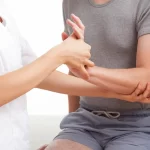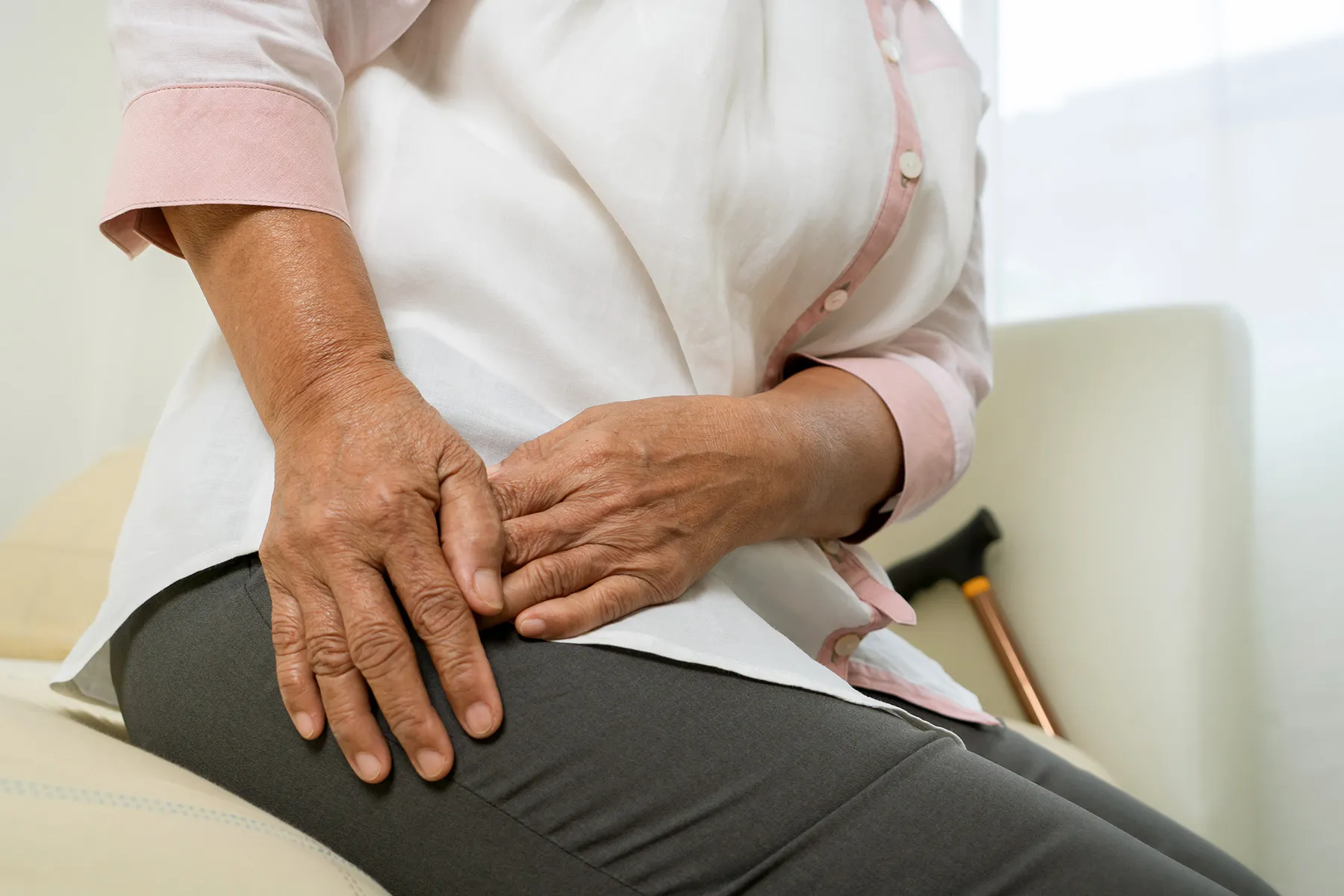Running-Related Pain: Causes of Knee and Heel Pain and How to Recover Safely Running is one of the most accessible and enjoyable forms of exercise, but it also places repetitive stress on the body. When not managed properly, this stress can lead to pain—especially in the knees and heels. Whether you’re a casual jogger or …
Running-Related Pain: Causes of Knee and Heel Pain and How to Recover Safely
Running is one of the most accessible and enjoyable forms of exercise, but it also places repetitive stress on the body. When not managed properly, this stress can lead to pain—especially in the knees and heels. Whether you’re a casual jogger or training for a marathon, understanding the causes of running-related pain and how to recover is essential for long-term performance and injury prevention.
Understanding Running-Related Knee Pain
The knee is a complex joint that absorbs significant impact during each stride. Overuse, poor running form, or muscle imbalances can lead to conditions such as:
- Runner’s Knee (Patellofemoral Pain Syndrome): Irritation around the kneecap due to repetitive motion.
- Iliotibial Band Syndrome (ITBS): Tightness in the outer thigh causing lateral knee pain.
- Tendonitis: Inflammation of the tendons due to excessive training or sudden mileage increases.
Common causes include:
- Sudden increase in running distance or intensity
- Weak hip or thigh muscles
- Poor footwear or worn-out shoes
- Running on hard or uneven surfaces
Understanding Running-Related Heel Pain
Heel pain is most often linked to plantar fasciitis—a condition where the thick band of tissue under the foot becomes inflamed. Runners may also experience Achilles tendonitis, which affects the tendon connecting the calf to the heel.
Common causes include:
- Tight calf muscles and Achilles tendon
- Flat feet or high arches
- Overtraining without adequate rest
- Poor shock absorption in running shoes
The Risks of Ignoring Pain
Running through pain may seem like a sign of dedication, but it often leads to longer recovery times and more severe injuries. Ignoring early warning signs can turn a minor issue into a chronic condition, potentially sidelining you for months.
How Physiotherapy Helps Runners Recover Safely
Physiotherapy offers tailored solutions for runners, addressing both the pain and the underlying cause. At our clinic, we focus on:
- Biomechanical Assessment: Identifying gait issues or muscle imbalances.
- Strengthening & Flexibility Programs: Improving muscle support for knees and heels.
- Targeted Manual Therapy: Relieving muscle tension and improving joint mobility.
- Injury-Specific Treatments:
- For knee pain: targeted quadriceps and glute activation exercises.
- For heel pain: calf stretching, plantar fascia release, and foot support strategies.
- For knee pain: targeted quadriceps and glute activation exercises.
As part of recovery, …manual therapy and taping support runners through recovery… by reducing strain on injured tissues and promoting healing without halting all activity.
Preventing Future Running Injuries
Once recovered, prevention is key. This includes:
- Gradually increasing training volume
- Incorporating cross-training activities
- Wearing supportive footwear suited to your gait
- Maintaining a regular stretching and strengthening routine
Local Call to Action:
If knee or heel pain is holding you back from your running goals, our physiotherapy team in Newcastle can help you recover quickly and return to the track safely. Book your assessment today and start running pain-free.






